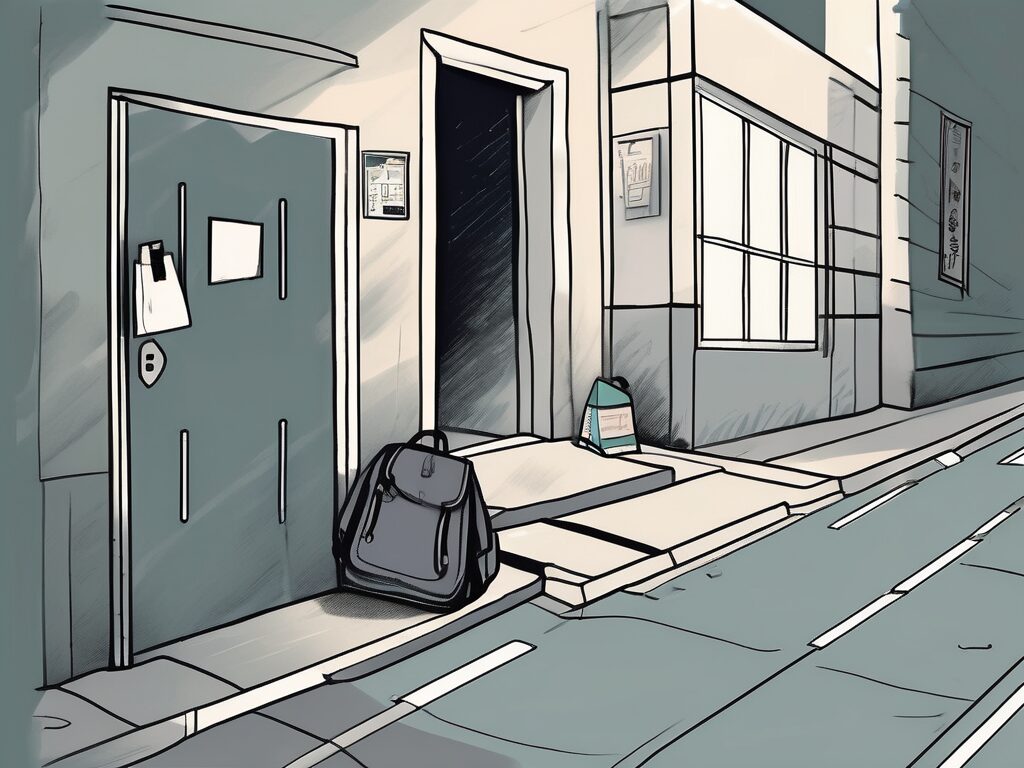Despite Singapore’s reputation as a global education hub, it’s surprising to find that the city-state grapples with low literacy rates. This issue is not merely a statistic but a reality that affects individuals and communities. This article delves into six key reasons behind the low literacy rates in Singapore.
1. Socioeconomic Factors
Income Disparity
Income disparity plays a significant role in literacy rates. Families with lower income may struggle to afford resources like books, tuition, or even basic school supplies, which can hinder a child’s educational progress. It’s akin to running a race with weights on your legs; without the necessary tools, it’s harder to keep up with peers who have access to these resources.
Lack of Access to Quality Education
Access to quality education is another socioeconomic factor that impacts literacy rates. Not all schools are created equal, and children from less affluent neighbourhoods may attend schools with fewer resources or less experienced teachers. This situation is like dining at a buffet where some tables have a wider variety of dishes than others; those with fewer options are less likely to have a balanced meal.
2. Home Environment
Parental Involvement
Parental involvement is crucial in a child’s education. However, in households where parents work long hours or lack the necessary education themselves, children may not receive the support they need at home. It’s like trying to navigate a maze without a map; without guidance, it’s easy to lose your way.
Lack of Reading Culture
A lack of a reading culture at home can also contribute to low literacy rates. If children grow up in homes where reading is not a regular activity, they are less likely to develop a love for reading. It’s like growing a plant in poor soil; without the right environment, it’s hard for it to thrive.
3. Language Barriers
Language barriers can significantly impact literacy rates. In Singapore’s multicultural society, English may not be the first language for many families. As a result, children may struggle to grasp English, the medium of instruction in schools. It’s like trying to follow a recipe written in a foreign language; without understanding the language, it’s challenging to achieve the desired result.
4. Learning Difficulties
Learning difficulties such as dyslexia can also contribute to low literacy rates. These conditions can make reading and writing more challenging for children, leading to lower literacy levels. It’s like trying to complete a jigsaw puzzle with missing pieces; without all the pieces, the picture remains incomplete.
5. Insufficient Government Policies
Government policies can also impact literacy rates. If policies do not adequately address the needs of all students, particularly those from disadvantaged backgrounds, these children may fall behind. It’s like a one-size-fits-all shirt; while it may fit some people perfectly, it may be too big or too small for others.
6. Digital Divide
The digital divide, the gap between those who have access to technology and those who do not, can also contribute to low literacy rates. In today’s digital age, much learning happens online. Without access to this technology, children may miss out on valuable learning opportunities. It’s like trying to catch fish with a net full of holes; without the right tools, you’re likely to come up empty.
In conclusion, the issue of low literacy rates in Singapore is multifaceted, influenced by a range of factors from socioeconomic conditions to government policies. Addressing this issue requires a holistic approach that considers all these factors. It’s like solving a complex puzzle; each piece plays a crucial role, and without addressing each one, the puzzle remains incomplete.
Empower Your Teaching Career with IPGCE
As we unravel the complexities of low literacy rates in Singapore, it’s clear that educators play a pivotal role in shaping the future of learning. If you’re an educator seeking to enhance your qualifications and impact literacy profoundly, IPGCE is your gateway to success. Our International Postgraduate Certificate in Education is tailored to elevate your professional development, connect you with a global network, and deepen your understanding of international curricula. Join a community that’s overcoming barriers to career progression and embracing flexible learning opportunities. Take the first step towards a transformative educational journey and Join the UK’s #1 Teacher Training Course today.

